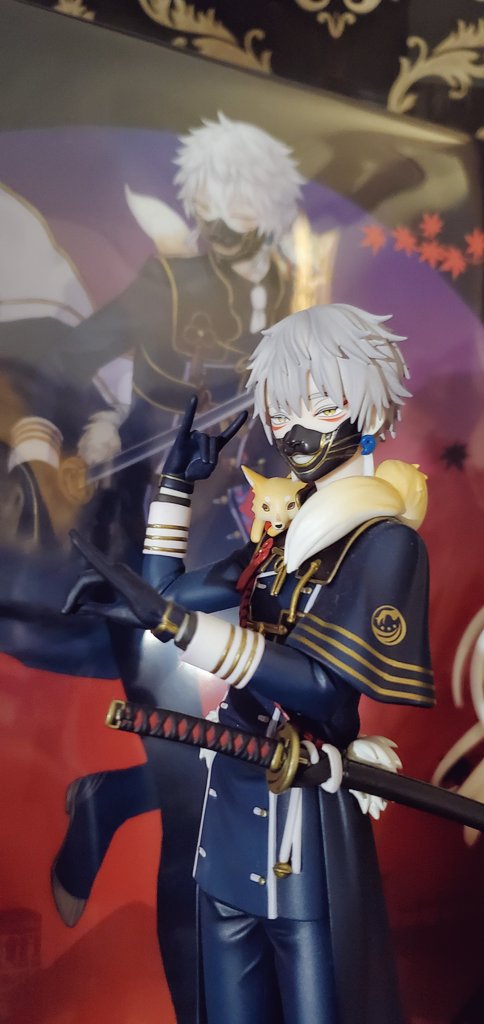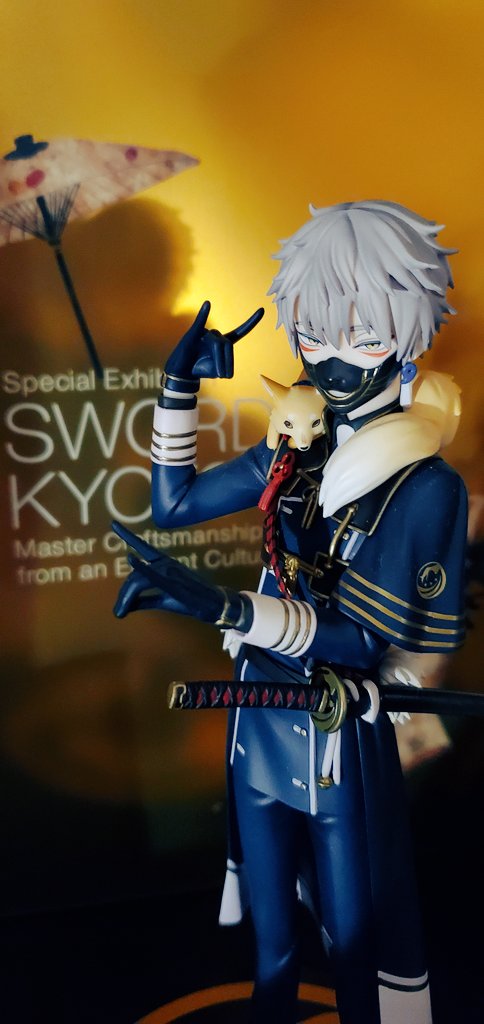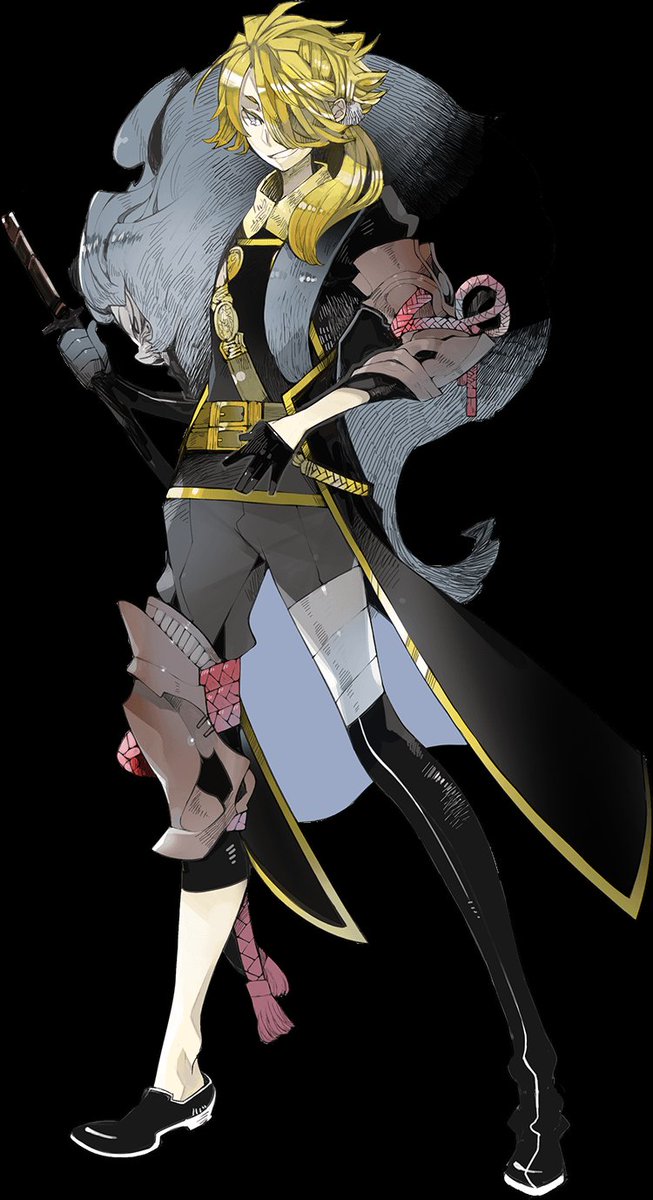
Saniwa literally saving history and museums, single handedly revitalizing the sword industry, crowdfunding to save cultural properties, buying 1/8 male figures and carving the way for male anime figs, 1:1 scale mikazukis, but also live action Souza slapping the shit out of hasebe
https://twitter.com/shourinogaika/status/1328190110815432705
Oops this is taking off so please look at this list of animal themes sords and particularly perceive my best boy Nakigitsune.
https://twitter.com/raikamudapon/status/1353938377012174848?s=19
After you've seen my son if you want to know more about how Saniwa made history happen....
https://twitter.com/raikamudapon/status/1354062583762804736?s=19
• • •
Missing some Tweet in this thread? You can try to
force a refresh









